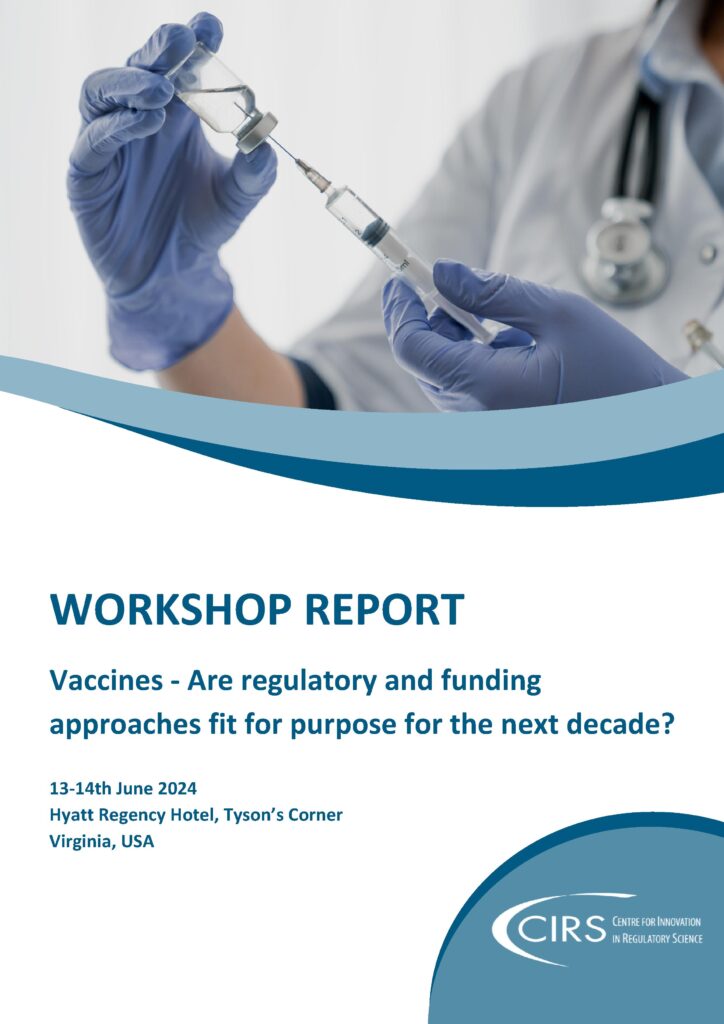Over the last four years there has been much greater attention paid by industry, regulators, health technology assessment (HTA) bodies and the general public to vaccines for a range of reasons. These include:
- The COVID-19 pandemic. Various estimates suggest that the rapid development and deployment of vaccines for COVID-19 saved over 20 million lives.
- Emergence of new vaccine technologies, in particular mRNA vaccines, which have enabled vaccines to be developed in months rather than over several years, increasing the pipeline and its attractiveness to industry and investors.
- A wide range of previously difficult to vaccinate against diseases now appear to be potentially preventable through vaccination.
- The importance of vaccination of adults against key diseases is increasingly recognised, and several new vaccines for adult use have recently been developed.
- After years of very limited success, a number of successful clinical trial results for several cancer vaccines have recently been reported.
With these changes to the landscape, new development, regulatory and funding paradigms are needed for vaccines. With the main exception of some therapeutic vaccines for infectious diseases and the cancer vaccines under development, unlike medicines, vaccines are typically administered to larger, healthy populations to prevent, rather than to treat, a disease. This affects the design of programmes for vaccine development and commercial risks in development, regulatory assessment of benefit, risk and uncertainty and HTA decisions affecting payment for vaccinations by insurers and governments.
Vaccine development and deployment can involve high commercial risk, although investments from government programmes such as the Biomedical Advanced R&D Authority (BARDA) in the US, from philanthropic organisations such as the Bill and Melinda Gates Foundation or global coalitions such as the Coalition for Epidemic Preparedness Innovations (CEPI), can reduce risk and strongly influence the vaccine development agenda. The payment models for vaccines need to evolve to reflect the level of commercial risk in vaccine development and the wider benefits to family, carers, community and the economy that come from vaccination. It is important to establish agreement between stakeholders on what measures of vaccine efficacy and cost-effectiveness will be considered adequate to enable regulatory approval, recommendations by National Immunisation Technical Advisory Groups (NITAGs) and funding by governments to support vaccine deployment.
In this workshop, CIRS brought together senior representatives from the international pharmaceutical industry, regulatory agencies, NITAGs, HTA agencies, payers and academia to identify challenges and opportunities to enable vaccine regulatory and funding approaches fit for the next decade.
This multi-stakeholder workshop consisted of a series of sessions featuring presentations and panel discussions, as well as three parallel roundtable discussions.
Workshop objectives
- Review and discuss the changing vaccine landscape and what the opportunities and challenges are within and across development, regulatory, HTA agencies and NITAGs.
- Identify critical information gaps and how regulatory and HTA/NITAG systems need to evolve to accommodate new vaccine technologies.
- Propose options and make recommendations on how to address policy challenges in the development, regulation, HTA and funding for vaccines.

